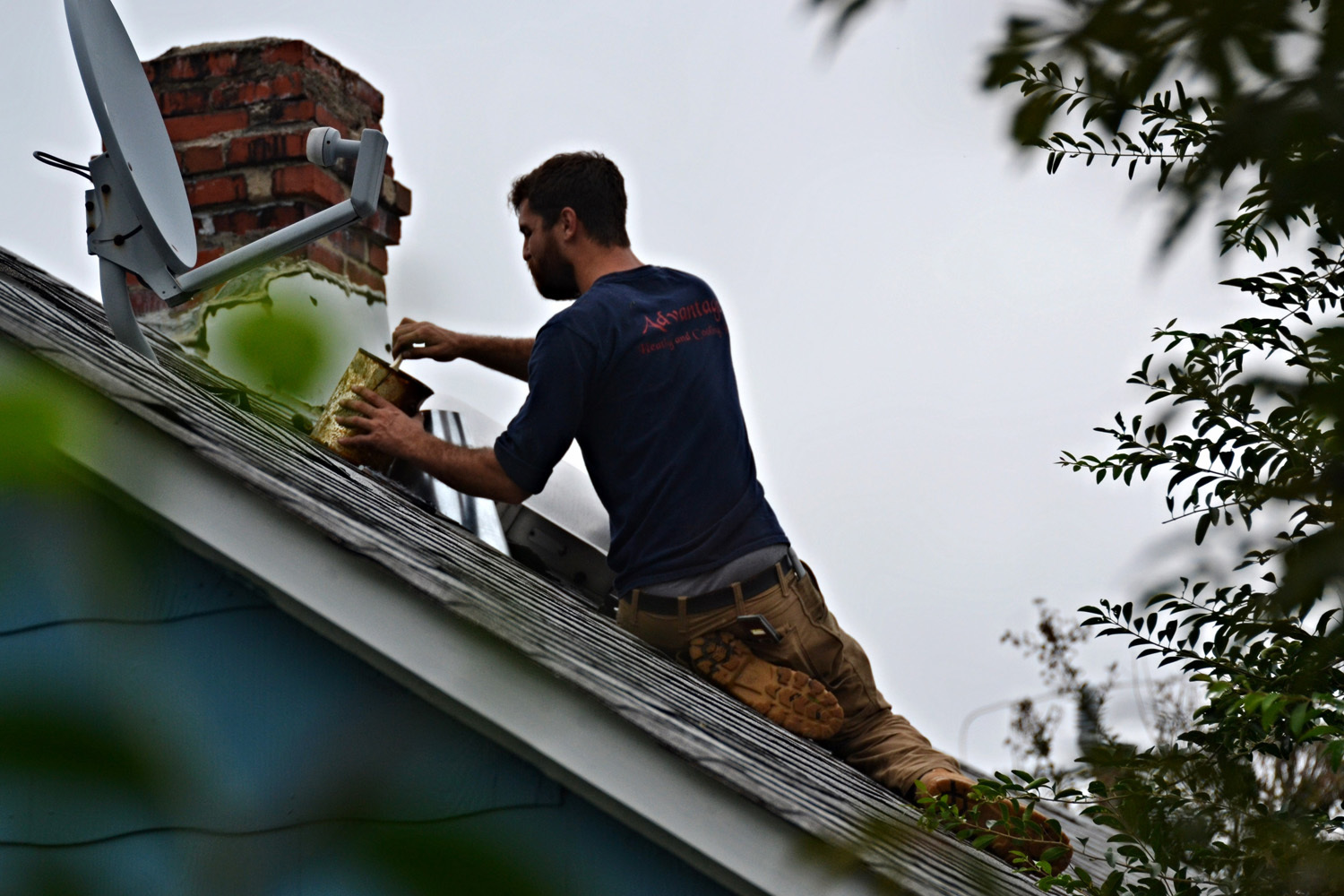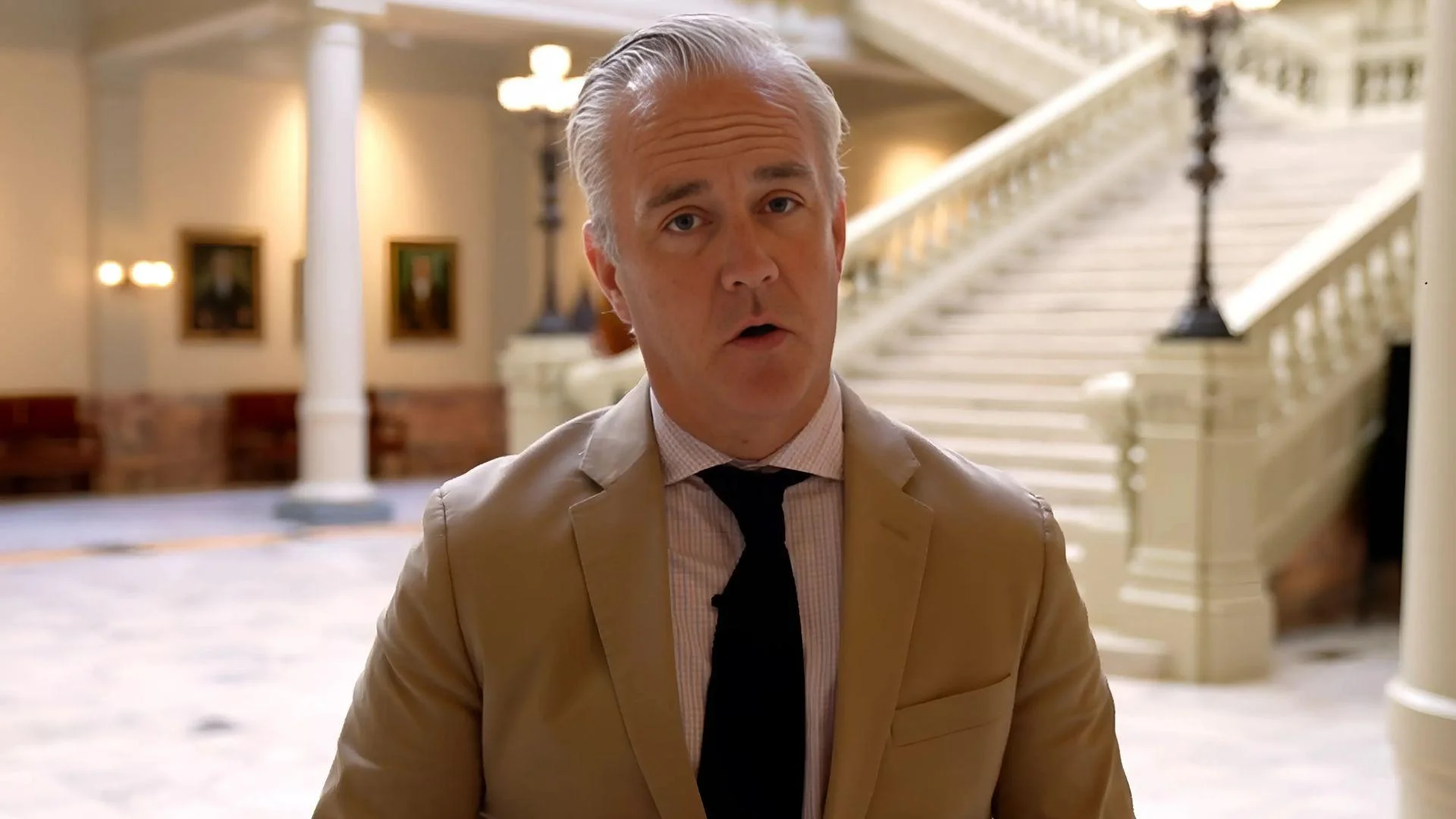
Contractors repairing your home may get you to sign a document that hands over the assignment of benefits for your homeowner's insurance policy to them. This led to abuse and policyholders got blind sided when suits were filed for their claim. | Tony Alter / Flickr
Despite reforms to Florida’s assignment of benefits (AOB) law in 2019, insurance experts aren’t certain how it might affect homeowners.
Reform advocates projected rate decreases. But rate hike requests stemming from hurricane losses and delays in reporting data make the situation unclear.
The Florida Office of Insurance Regulation extended the reporting date for AOB claims data until June 1 due to the COVID-19 pandemic. Reinsurers demanded that insurance carriers make rate hike requests because of losses from recent hurricanes make it more difficult to see the effects of AOB reform.
“It’s a little bit hard to tell what the overall impact will be,” Sean Harper, Kin Insurance CEO, recently told Insurance Rate Reporter.
He said it’s difficult to tell what losses AOB fraud generated for insurance carriers.
Florida law allows homeowners to sign over insurance benefits to someone else who could then make a claim against the policy.
The state agency said after a loss a homeowner might call a contractor, plumber or roofer to make emergency repairs. After a damage assessment, the service company may present a damage estimate for the homeowner to sign.
This document may cause the policyholder to sign over insurance benefits and include an AOB. The legal document will prevent the homeowner from contacting the insurance company about the claim. It may hand over to this third party the ability to negotiate and endorse claim payments or even file suit against the insurance company without notifying the homeowner.
AOB reform sought to stop the abuse of this process.
What happened often was that attorneys got the AOB and took advantage of it, Harper said. An inflated or falsified claim would be submitted, along with attorneys’ fees associated with the claim.
The claim might be a $10,000 water loss, he said. That might be accurate. But with that claim, another $30,000 in legal fees would get attached. He said the way the law worked, no matter what amount got awarded, all attorney fees had to be paid. Even if a judge knocked down the claim to $1,000, the attorney would still have a right to get paid the entire $30,000.
The Florida Legislature passed the reform bill to reduce the abuses of AOB.
“One of the things it does is it puts a cap on attorney’s fees,” Harper said.
The reform bill revised the state’s one-way attorney fee. It puts in place an attorney fee structure to determine the fee award in lawsuits made by an assignee against an insurer.
The bill allows insurers to offer a discount on policies that prohibit homeowners from assigning benefits.
Services providers such as home renovation companies or attorneys must give the property’s insurer and the policyholder written notice at least 10 business days before they file suit on a claim.
“Everybody thinks it will be positive and a useful and good law. But nobody knows exactly. We won’t know for a year,” Harper said last week.
When Gov. Ron DeSantis signed House Bill 7065 into law in May 2019, it ended a seven-year battle reform advocates and the industry fought to end what they saw as an abuse of this policyholder benefit, the Insurance Journal reported. They said AOB abuses reduced the amount of coverage in the state and caused higher rates.
Demotech, the organization tasked with reviewing and rating Florida insurance carriers, anticipates in the long term AOB reform will benefit all stakeholders, Joseph L. Pettreli, president of the company, told Insurance Journal.




 Alerts Sign-up
Alerts Sign-up